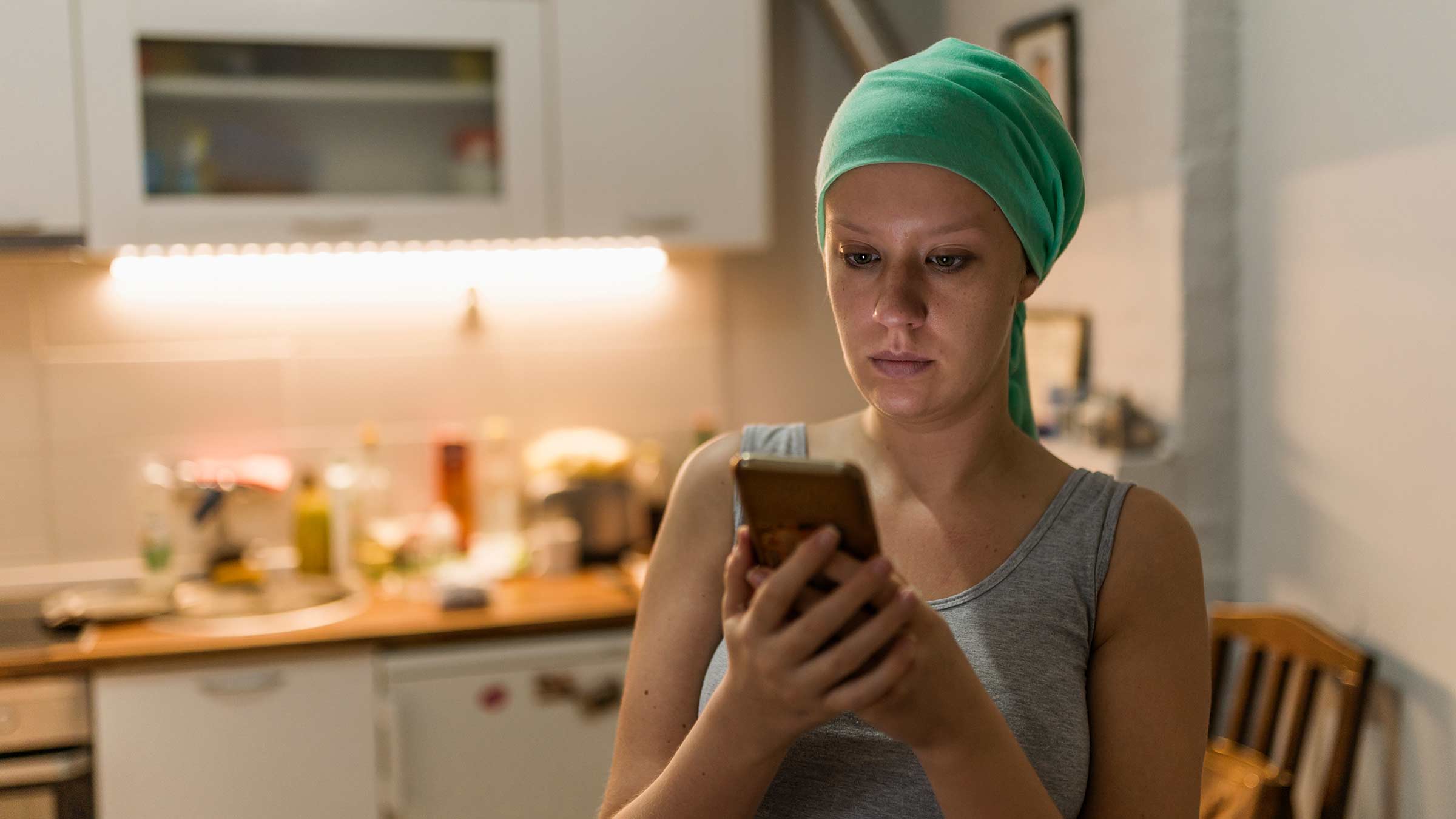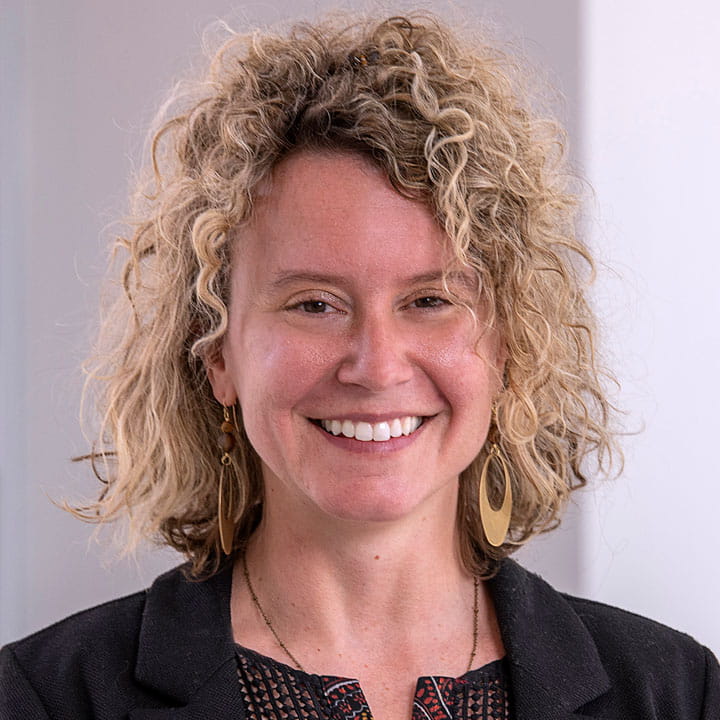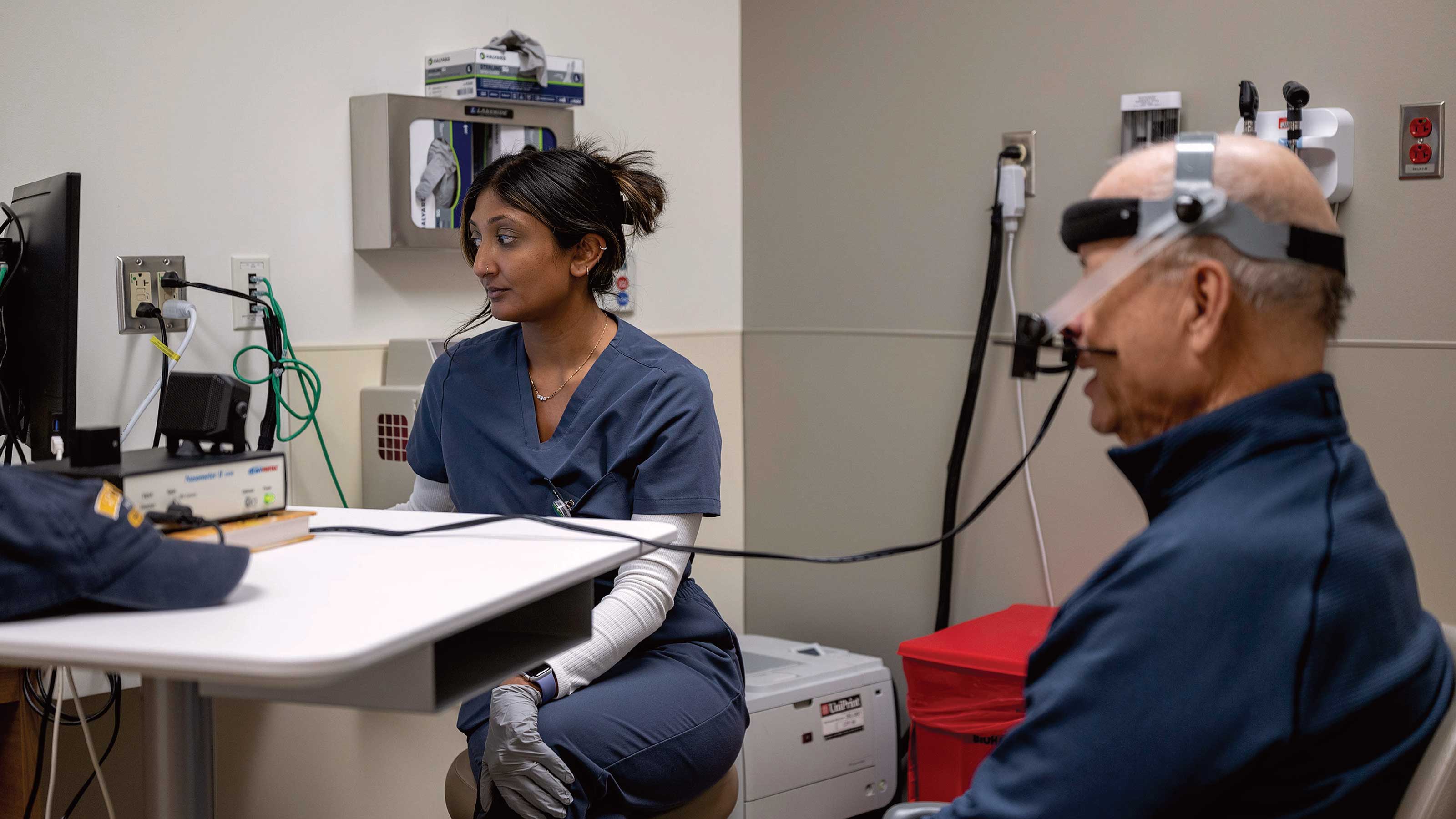
As millions of people turn to social media platforms like TikTok for health advice, cancer doctors have serious concerns about the accuracy of the information being shared — and they caution people think twice before hitting the search button. A new study shows the majority of the information out there is misleading or dramatically inaccurate.
Turning to social media to fill health information gaps
Laura Chambers, DO, a gynecologic oncologist and assistant professor of Obstetrics and Gynecology at The Ohio State University College of Medicine, and colleagues at The Ohio State University Comprehensive Cancer Center – Arthur G. James Cancer Hospital and Richard J. Solove Research Institute, conducted a study to understand how her patients, who are often mothers and young women, were using social media and look for ways to address the gaps in information less likely to come up in a clinic appointment.
“As doctors, we’re focused on treatment toxicities and patient outcomes, but many of our patients are navigating really difficult challenges at home — like figuring out how to show their child love and attention when they are going through fatiguing treatments,” Dr. Chambers says. “They often have unexpressed concerns that are less likely to come up in clinic.
This is where some may turn to social media platforms to fill the gaps.
Slipping into a cancer misinformation wormhole
The team identified the 500 most popular TikTok posts and analyzed the top five hashtags for each related gynecologic cancer (ovarian, endometrial, cervical and vulvar cancers, as well as gestational trophoblastic disease) for key themes, quality of information and reliability of gynecologic cancer-related content on the social media platform, TikTok.
“There were a tremendous number of videos and posts within those categories of people talking about unregulated supplements, vitamins or herbal therapies and things like vaginal steaming to treat their cancers, which are really misleading,” Dr. Chambers says.
“Going through cancer treatment is hard even in the ‘easiest’ situations, so it’s natural that people would be eager to learn about another path that might be less toxic or invasive. But the source of the information is paramount to reduce harm or scams that are not scientifically proven to help eradicate cancer or its symptoms,” Dr. Chambers says.
Study indicates majority of TikTok cancer information is misleading
The team collected demographic information, message tone and thematic topics. Educational videos were rated for quality using an established health education information scale. As of August 2022, the top five hashtags for each gynecologic cancer had more than 466 million views.
“We concluded that information being shared through TikTok was at least 73% inaccurate and of poor educational quality. Racial disparities in gynecologic cancer extended into this social media space as well,” Dr. Chambers says.
“The vulnerability shown in social media content around personal cancer journeys is inspiring, but this data really encourages us to ask, as a medical community, ‘How we can provide a care environment that encourages that kind of trust and real conversation with patients?’ And what can we do, as a broader community, to provide quality health information and support services to patients seeking information about gynecologic cancers?”
Cancer survivor Shar Miller says she saved her questions for her doctor for that very reason: The information she found on social media was overwhelming, confusing and scary.
“I didn’t want to be misguided, because I trusted by doctors and my team. You read stuff on the internet and you’re like: ‘Is that going to happen to me?’ Before I found my team, I was driving myself crazy trying to figure it out on my own,” Miller recalls. “Having a trusting relationship with my whole medical team gave me the space to ask a lot of questions, and that made a huge difference in my care journey.”
Advice for patients with cancer seeking information online
Dr. Chambers encourages patients looking for a community of like-minded people going through similar experiences to seek out in-person and online support communities sponsored by reputable medical and patient advocacy organizations.

We’re creating a cancer-free world
Our experts develop and deliver the most advanced targeted treatments leading to better outcomes and more hope.
Learn More




